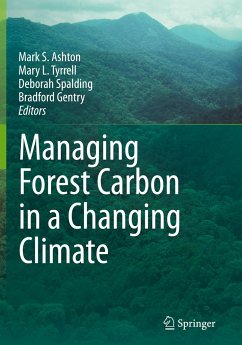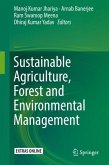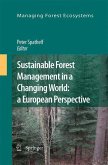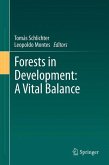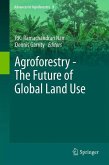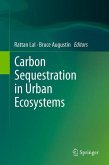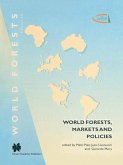The goal of this volume is to provide guidance for advanced students, land managers and policymakers seeking to understand the complex science and policy of forest carbon as it relates to tangible problems of forest management and the more abstract problems of addressing drivers of deforestation and negotiating policy frameworks for reducing emissions from forests. It is an attempt at a comprehensive state-of-the-art review, encompassing the science of carbon sequestration in forests, management of forests for carbon and other values, and the socio-economic and policy implications and challenges of managing forests for carbon.
Forests are critical to mitigating the effects of global climate change because they are large storehouses of carbon and have the ability to continually absorb carbon dioxide from the atmosphere. But today, emissions from land use, land use change, and forestry, mostly due to deforestation in the tropics, are estimated at 17% of total annual global CO2 emissions, a figure larger than the transportation sector. While the basic principles of the carbon cycle are well known, there are significant uncertainties about the actual behavior of many of its sinks and sources. Much work has been done on the science of forest carbon, deforestation, and various climate policy responses, however, what is lacking is a comprehensive review of all aspects of the challenge. This book provides such a review by taking a holistic perspective on the subject. By creating a publication that outlines the research that has been done on forest carbon, pointing out what we know and what we don t know, and the implications for policy decisions.
Forests are critical to mitigating the effects of global climate change because they are large storehouses of carbon and have the ability to continually absorb carbon dioxide from the atmosphere. But today, emissions from land use, land use change, and forestry, mostly due to deforestation in the tropics, are estimated at 17% of total annual global CO2 emissions, a figure larger than the transportation sector. While the basic principles of the carbon cycle are well known, there are significant uncertainties about the actual behavior of many of its sinks and sources. Much work has been done on the science of forest carbon, deforestation, and various climate policy responses, however, what is lacking is a comprehensive review of all aspects of the challenge. This book provides such a review by taking a holistic perspective on the subject. By creating a publication that outlines the research that has been done on forest carbon, pointing out what we know and what we don t know, and the implications for policy decisions.
Aus den Rezensionen: "... einen gesamtheitlichen Überblick über die Kohlensroffspeicherung im Wald und in Holzprodukten geben ... das Buch an fortgeschrittene Studenten, politische Entscheidungsträger und andere lnteressierte, die sich mit dem Thema auseinandersetzen möchten ..." (Rene Wördehoff, in: Forstarchiv, November-December/2012, Vol. 83, Issue 6)

